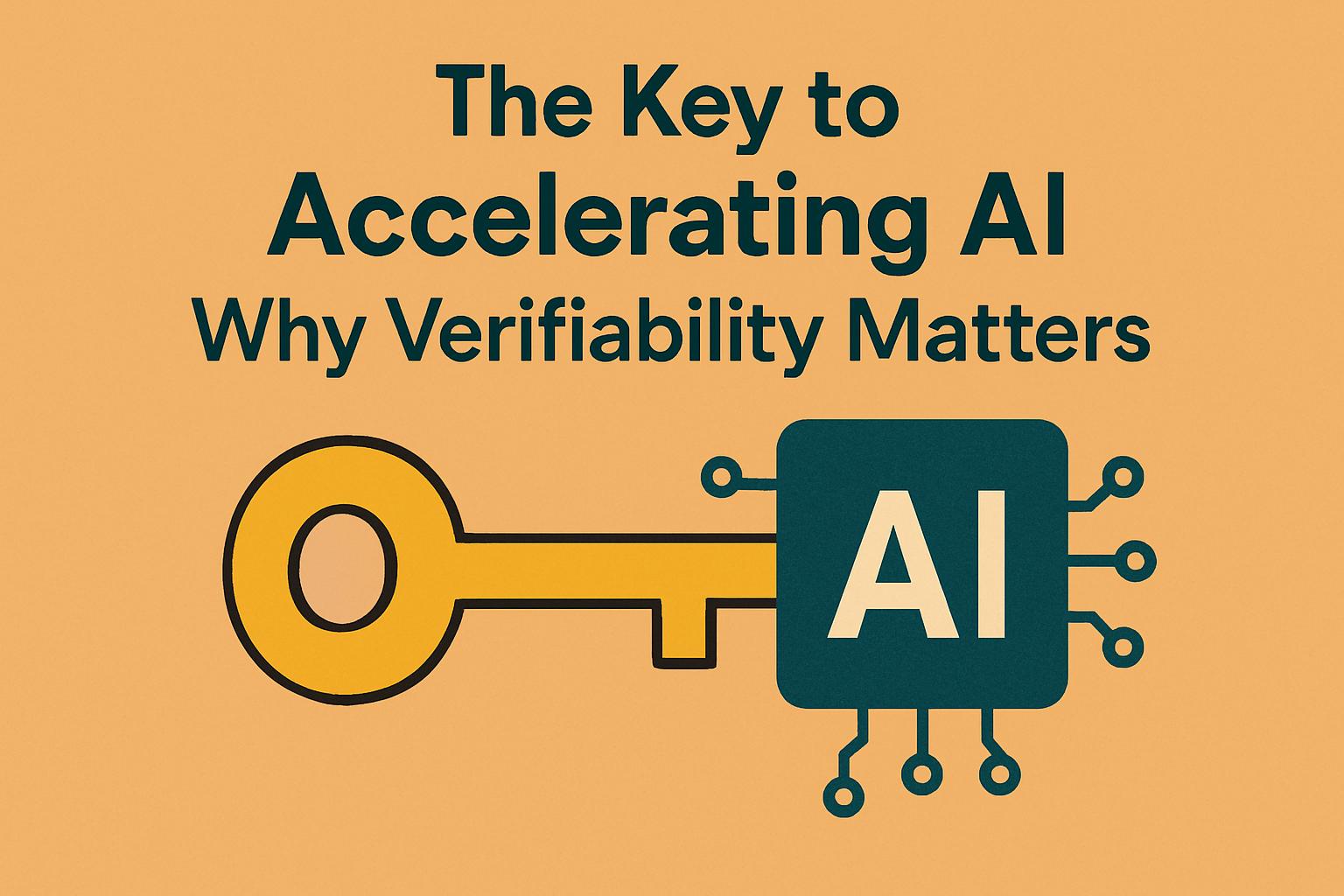On October 25th, a thought-provoking dialogue took place between Marc Andreessen, co-founder of a16z, and Amjad Masad, founder of Replit, focusing on the current trajectory of Artificial Intelligence (AI). They highlighted a crucial insight: while AI excels in tasks like programming, mathematics, and physics simulations, it stagnates in fields such as medicine and law. The pivotal factor distinguishing these domains, according to Masad, is verifiability.
Fast-Tracking AI: The Role of Verifiability
In revisiting the evolution of model training, Masad detailed how early language models operated by predicting the next word in a sequence without true reasoning capabilities. However, the introduction of reinforcement learning (RL) enabled AI to learn in verifiable environments. This shift allowed AI to receive immediate feedback, significantly enhancing its problem-solving skills. Tasks involving bug fixes or unit tests, where accuracy can be objectively assessed, enable AI to rapidly refine its capabilities.
The Challenge for Medicine and Law
Andreessen posed an important question about the slow progress in fields like medicine and law. Masad explained that these fields often lack definitive answers. For instance, medical diagnostics may involve multiple causes and patient responses, while legal outcomes often vary with judges and case specifics, lacking a clear right or wrong.
Although reinforcement learning from human feedback (RLHF) can aid these models, it remains subjective, unlike the direct metrics available in fields like programming or mathematics.
It’s Not About Difficulty, But Verifiability
Andreessen summarized the discussion effectively: the issue isn’t task difficulty but the ability to verify correct answers. Masad concurred, noting that AI’s breakthroughs in programming and mathematics stem not from their simplicity, but from their verifiability. With immediate feedback on tasks like code compiling and tests passing, AI models can run thousands of practice cycles daily, leading to rapid evolution.
Fields Ripened for AI Advancements
- Mathematics and Physics: Defined equations and simulation results.
- Chemistry and Biology: Tasks like protein folding or genetic sequencing, verifiable through experiments.
- Robotics: Tasks measure success directly, making outcomes quantifyable.
These domains, ripe with objective verifiability, present AI’s steepest learning curves, driving the most significant advances.
A Trajectory of Uneven Progress
Masad wrapped up by predicting a bright future for AI in programming followed closely by mathematics, physics, and chemistry. However, more abstract fields like medicine and law will continue to lag behind.
Andreessen agreed, concluding that AI’s progression in quantifiable areas is natural, while those relying on human judgment will inherently advance at a slower pace.

![[News] Bitcoin at a Turning Point? 10x Research Signals a Bullish Macro Shift Ahead](https://cryptoexplores.com/wp-content/uploads/2025/06/new20250616.jpg)
![[News] Binance Lists $HOME, the Gas-Free, Bridge-Free All-in-One DeFi App](https://cryptoexplores.com/wp-content/uploads/2025/06/news20250617.jpg)